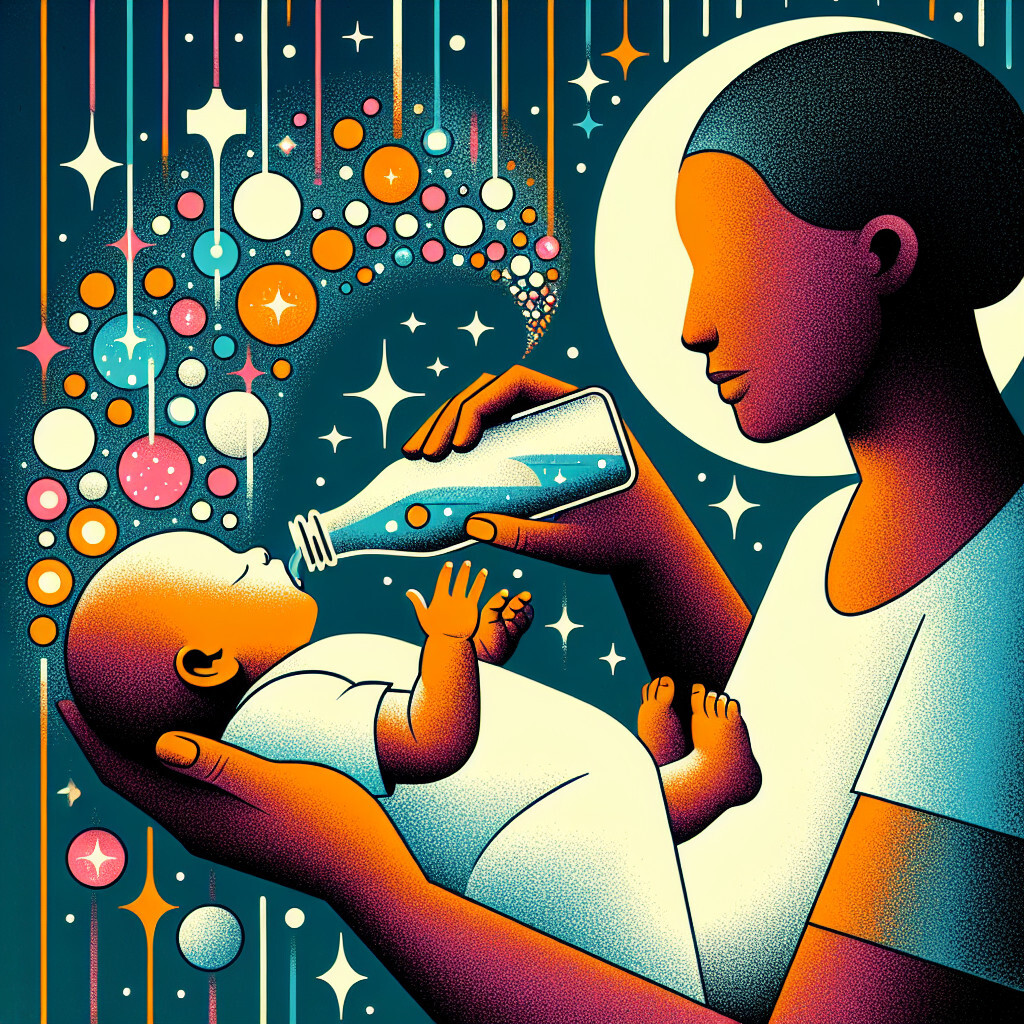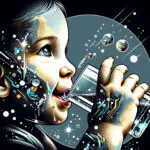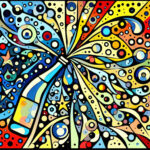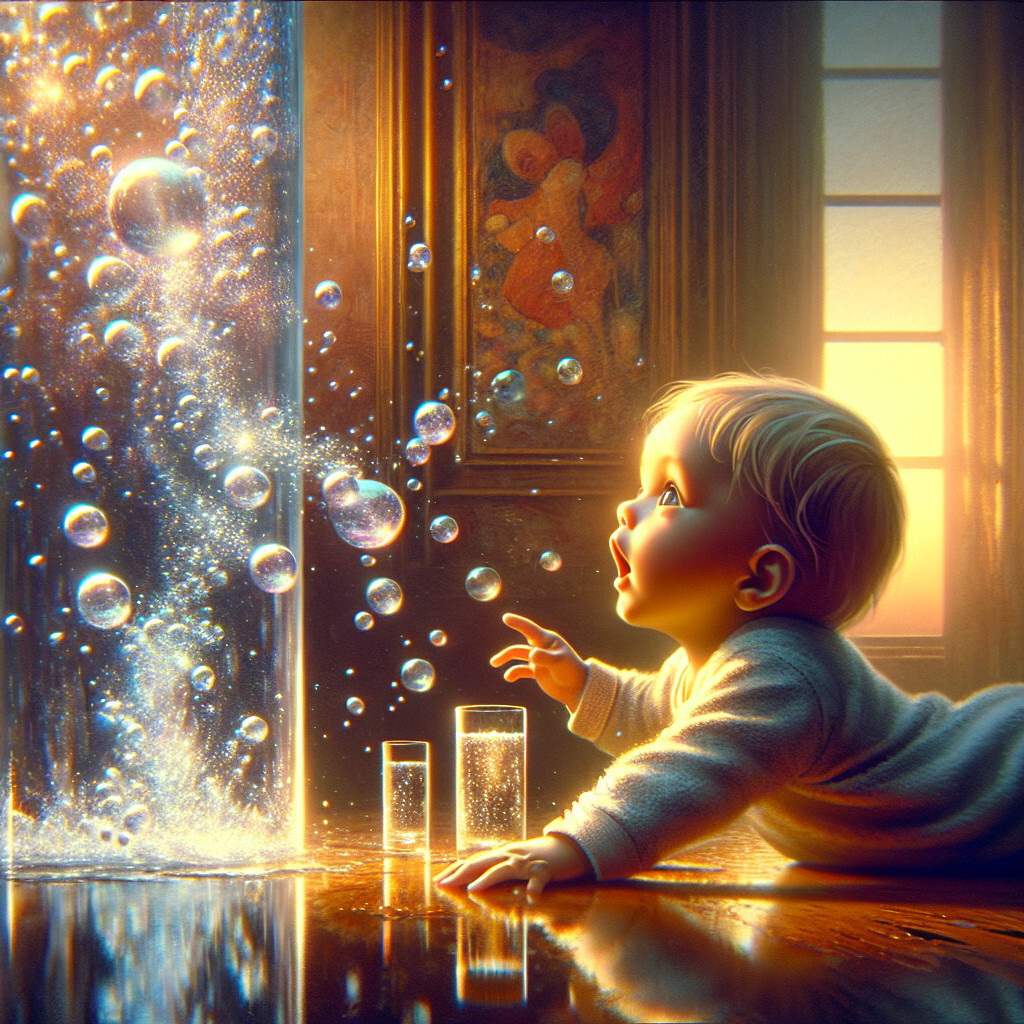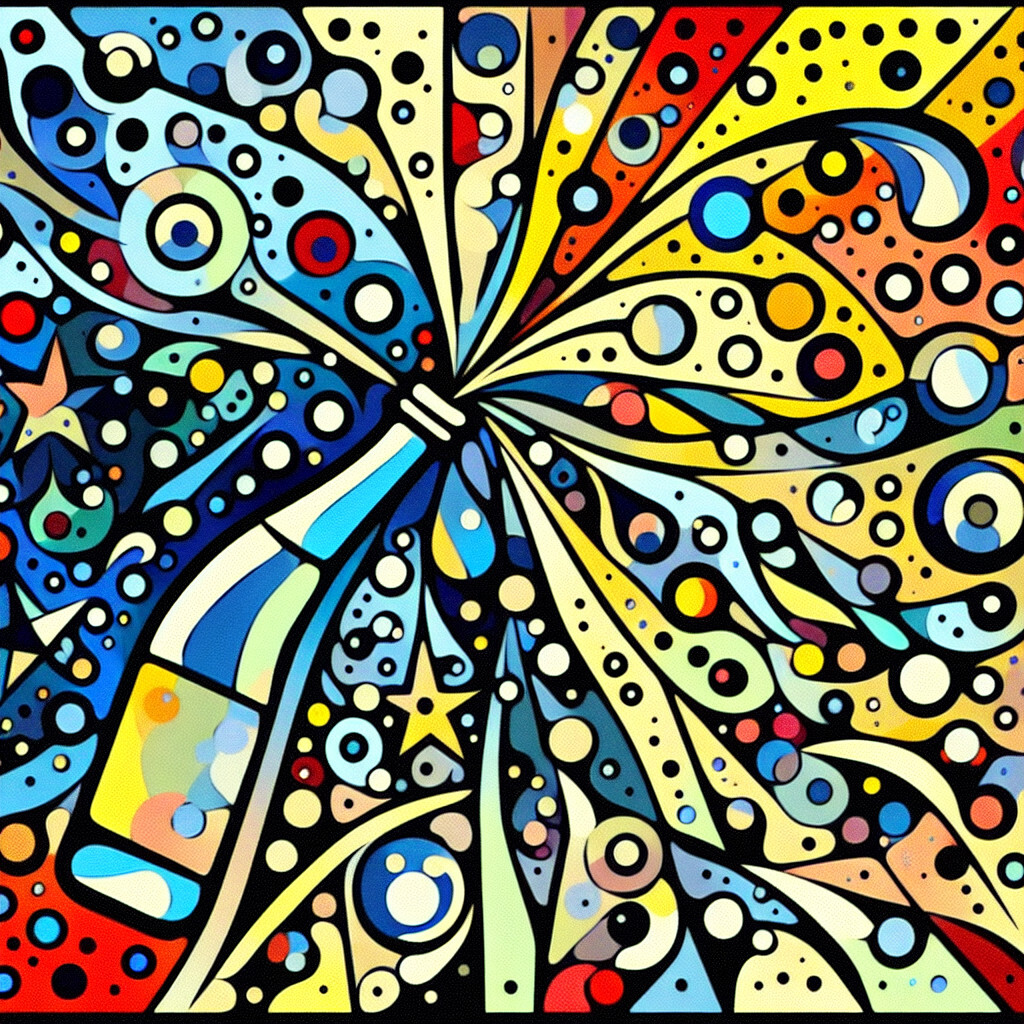-
Table of Contents
“Sparkling Hydration for Your Little Sensation!”
Introduction

Giving baby sparkling water is a topic that raises questions and concerns among many parents. Sparkling water, also known as carbonated water, is a popular beverage among adults, but its suitability for babies is debatable. While it is not harmful per se, it may not be the best choice for your baby’s hydration needs. This is due to its carbonation which can cause discomfort and its lack of essential nutrients needed for a baby’s growth and development. This introduction aims to delve into the pros and cons of giving sparkling water to babies, providing parents with the necessary information to make an informed decision.
The Pros and Cons of Giving Sparkling Water to Babies
The topic of giving sparkling water to babies is one that has been met with varying opinions from parents and health professionals alike. While some parents believe it’s a harmless and fun way to introduce their little ones to different tastes, others are wary of the potential health implications. This article aims to shed light on the pros and cons of giving sparkling water to babies, providing a balanced perspective to help parents make informed decisions.
On the positive side, sparkling water can be an exciting new taste for babies. It’s a carbonated beverage that can introduce them to a different texture and sensation, potentially broadening their palate. Additionally, sparkling water is free of sugars and artificial sweeteners, making it a healthier alternative to juice or soda. It’s also hydrating, which can be beneficial in hot weather or when your baby is unwell and needs to replenish fluids.
However, it’s important to note that the American Academy of Pediatrics (AAP) recommends water for babies only after they are six months old, and even then, in very small amounts. This is because, for the first six months, a baby’s primary source of hydration and nutrition should be breast milk or formula. Giving them too much water can interfere with their ability to absorb the nutrients they need from milk. This guideline applies to all types of water, including sparkling.
Now, let’s delve into the potential downsides of giving sparkling water to babies. The first concern is the carbonation. The bubbles in sparkling water are a result of carbon dioxide, which can cause gas and bloating. Babies have immature digestive systems, and introducing carbonated beverages can lead to discomfort and fussiness.
Another concern is the acidity of sparkling water. While it doesn’t contain the high sugar levels found in sodas, it does have a higher acid content than regular water. This acidity can potentially harm a baby’s developing teeth. According to the American Dental Association, frequent exposure to acidic drinks can erode tooth enamel, the hard, outer layer of the teeth that protects against decay.
Lastly, there’s the issue of taste. While introducing new flavors can be beneficial, there’s a risk that your baby might develop a preference for flavored or carbonated beverages over plain water. This could potentially lead to challenges in getting them to drink regular water in the future.
In conclusion, while sparkling water can offer a new taste experience for babies and is a healthier alternative to sugary drinks, it’s essential to consider the potential drawbacks. These include possible digestive discomfort, the risk of dental erosion, and the development of a preference for flavored drinks. As always, it’s best to consult with a pediatrician before introducing any new foods or drinks into your baby’s diet. They can provide personalized advice based on your baby’s age, health, and developmental stage. Remember, moderation is key, and the primary source of hydration for babies should always be breast milk or formula.
Understanding the Effects of Sparkling Water on Baby’s Digestion
Giving baby sparkling water is a topic that has been subject to much debate among parents and pediatricians alike. While some parents believe that sparkling water can be a refreshing alternative to regular water, others are concerned about its potential effects on a baby’s delicate digestive system. This article aims to shed light on this issue by providing an in-depth understanding of the effects of sparkling water on a baby’s digestion.
Sparkling water, also known as carbonated water, is water into which carbon dioxide gas has been dissolved under pressure. This process gives the water its characteristic fizz or bubbles. While it may seem like a harmless beverage, it’s important to consider the potential effects it may have on a baby’s digestion before introducing it into their diet.
Firstly, it’s crucial to understand that a baby’s digestive system is much more sensitive than that of an adult. Their bodies are still developing and adapting to different types of food and drink. Therefore, introducing something as fizzy as sparkling water could potentially disrupt this delicate balance. The carbonation in sparkling water can lead to gas build-up in the stomach, which can cause discomfort, bloating, and even colic in babies.
Moreover, the acidity in sparkling water is another factor to consider. Sparkling water has a lower pH level than regular water due to the carbonation process, making it more acidic. This acidity can potentially irritate a baby’s stomach lining, leading to acid reflux or heartburn. While these conditions are generally not harmful, they can cause discomfort and fussiness in babies.
Another point to consider is the potential for choking. The bubbles in sparkling water can cause a baby to choke if they are not used to swallowing such a fizzy drink. This risk is particularly high in babies under six months old, who are still learning to swallow liquids properly.
Despite these potential risks, it’s important to note that not all babies will react negatively to sparkling water. Some babies may enjoy the fizzy sensation and experience no adverse effects. However, it’s always best to err on the side of caution when it comes to your baby’s health.
If you’re considering introducing sparkling water to your baby, it’s recommended to consult with a pediatrician first. They can provide personalized advice based on your baby’s age, health, and dietary needs. If you do decide to give your baby sparkling water, it’s advisable to start with small amounts and monitor their reaction closely.
In conclusion, while sparkling water may seem like a fun and refreshing drink, it’s important to consider its potential effects on a baby’s digestion. The carbonation can cause gas build-up and discomfort, the acidity can potentially irritate the stomach lining, and the bubbles can pose a choking risk. Therefore, it’s always best to consult with a pediatrician before introducing new foods or drinks into your baby’s diet. Remember, every baby is unique, and what works for one may not work for another.
Is Sparkling Water Safe for Your Baby? A Comprehensive Guide
As parents, we are constantly concerned about the health and well-being of our children. We strive to provide them with the best nutrition and hydration, and in our quest to do so, we often explore various options. One such option that has gained popularity in recent years is sparkling water. However, the question that arises is, “Is sparkling water safe for your baby?” This article aims to provide a comprehensive guide on this topic.
Sparkling water, also known as carbonated water, is water into which carbon dioxide gas has been dissolved under pressure. This process gives the water its effervescence or ‘fizz’. While it is a popular choice among adults for its refreshing taste and perceived health benefits, it is essential to consider whether it is suitable for babies.
Firstly, it is important to understand that babies have a different digestive system than adults. Their bodies are still developing and are not equipped to handle certain substances in the same way that an adult’s body can. The carbonation in sparkling water can cause gas and bloating in babies, leading to discomfort and potential complications. Moreover, the bubbles in sparkling water can make a baby feel full quickly, reducing their intake of milk or formula, which are vital sources of nutrition.
Secondly, sparkling water is often high in sodium, which is not suitable for babies. High sodium intake can lead to dehydration and kidney problems in babies. It is also worth noting that some brands of sparkling water contain added sugars and artificial flavors, which are not recommended for babies.
Furthermore, the acidity of sparkling water can harm a baby’s teeth. The carbonation process produces carbonic acid, which can erode the enamel on a baby’s teeth, leading to dental problems. This is particularly concerning as baby teeth are more susceptible to decay than adult teeth.
However, it is not all doom and gloom. There are instances where sparkling water can be beneficial for babies. For example, if a baby is suffering from constipation, a small amount of sparkling water can help stimulate bowel movements. Nevertheless, it is crucial to consult with a pediatrician before introducing sparkling water or any new food or drink to a baby’s diet.
In conclusion, while sparkling water may be a refreshing and enjoyable drink for adults, it is not the best choice for babies. The potential risks associated with its consumption, such as digestive discomfort, high sodium content, and dental issues, outweigh any potential benefits. Therefore, it is advisable to stick to breast milk or formula for babies under six months of age and introduce water only after this age, preferably still water.
As always, when it comes to your baby’s health and nutrition, it is best to consult with a healthcare professional. They can provide personalized advice based on your baby’s age, health status, and nutritional needs. Remember, what works for one baby may not work for another, and it is always better to err on the side of caution when it comes to your baby’s health.
Alternatives to Sparkling Water for Keeping Babies Hydrated
Giving baby sparkling water may seem like a harmless and refreshing idea, especially during hot summer days. However, it’s important to understand that not all beverages are suitable for infants. In fact, the American Academy of Pediatrics (AAP) recommends that babies under six months should only consume breast milk or formula, and water should only be introduced after six months of age. Even then, sparkling water is not the best choice for your little one.
Sparkling water, also known as carbonated water, contains dissolved carbon dioxide gas, which gives it its signature fizz. While it may be a refreshing alternative for adults, it can cause discomfort and potential health issues in babies. The carbonation can lead to bloating, gas, and an upset stomach. Moreover, some sparkling waters contain added sugars and artificial flavors, which are not suitable for a baby’s developing digestive system.
So, what are the alternatives to sparkling water for keeping babies hydrated? The answer is simple: breast milk or formula, and eventually, plain water.
Breast milk or formula should be the primary source of hydration for babies under six months. These provide not only hydration but also essential nutrients that babies need for growth and development. Breast milk is especially beneficial as it changes to meet the baby’s nutritional needs, and it also contains antibodies that help protect the baby from illness.
Once your baby reaches six months, you can start introducing small amounts of plain water. However, it’s important to remember that water should not replace breast milk or formula. According to the AAP, babies aged six to twelve months may have up to 4 to 6 ounces of water per day, but the primary source of hydration and nutrition should still be breast milk or formula.
When introducing water, it’s best to offer it in a sippy cup during meals. This not only helps keep the baby hydrated but also aids in developing motor skills. It’s also crucial to ensure that the water is safe and free from contaminants. If you’re unsure about the quality of your tap water, you can use bottled water or boil the tap water and let it cool before giving it to your baby.
As your baby grows and starts eating solid foods, fruits and vegetables can also contribute to their hydration. Many fruits and vegetables have high water content and can be a good source of hydration, especially during hot weather. However, these should be introduced gradually and in small amounts, as some babies may have allergic reactions to certain fruits and vegetables.
In conclusion, while sparkling water may be a tempting option to keep your baby hydrated, it’s not the best choice due to potential health risks. Instead, stick to breast milk or formula for babies under six months, and introduce plain water in small amounts once they reach six months. Fruits and vegetables can also contribute to hydration as your baby starts eating solid foods. Always remember that every baby is unique, and what works for one may not work for another. Therefore, it’s always best to consult with a pediatrician or a healthcare provider when introducing new foods or beverages to your baby’s diet.
Q&A
1. Question: Is it safe to give a baby sparkling water?
Answer: No, it’s not recommended to give a baby sparkling water. The carbonation can cause discomfort and bloating.
2. Question: Can sparkling water cause any harm to a baby’s health?
Answer: Yes, sparkling water can cause gas and discomfort in babies. It also lacks the nutrients they need.
3. Question: At what age can a child start drinking sparkling water?
Answer: It’s generally safe for children to start drinking sparkling water around the age of 2, but it should not replace regular water in their diet.
4. Question: Can sparkling water help soothe a baby’s upset stomach?
Answer: No, sparkling water is not recommended for soothing a baby’s upset stomach. It can actually cause more gas and discomfort.
Conclusion
Giving baby sparkling water is not recommended due to its high acidity levels which can harm the baby’s developing teeth. Additionally, the carbonation can cause discomfort and bloating in the baby’s digestive system.

